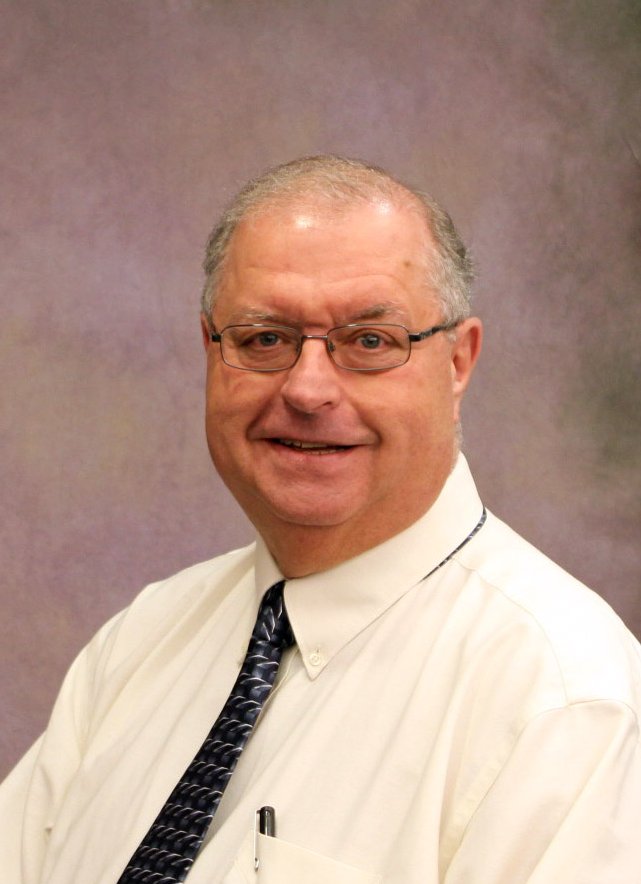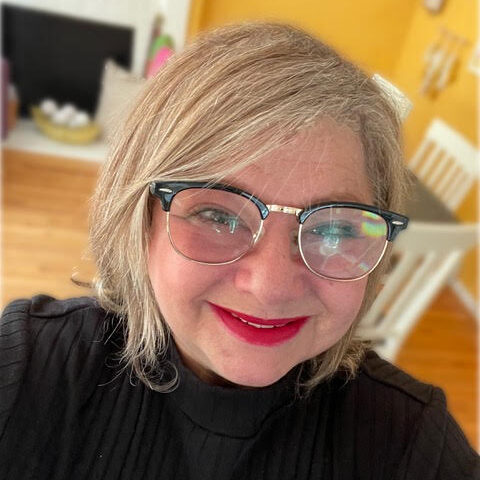 P. Douglas Callan, PhD
P. Douglas Callan, PhD
Faculty
Office phone: 248.476.1122, ext. 106
Email: [email protected]
Dr. Callan earned his Bachelor’s degree in Elementary Education and Special Education from Millersville State College in Pennsylvania. He earned his Master’s degree in Clinical Psychology from Central Michigan University and his Ph.D. in Psychology with an emphasis in Clinical Psychology with an area of concentration in Health Psychology from the Fielding Graduate University in Santa Barbara, California. He also completed a 62-credit respecialization certification in Neuropsychology from Fielding Graduate University.
His prior experience includes 25 years at Genesee County Community Mental Health Services in several different capacities including positions as a limited licensed psychologist, clinical supervisor and as the Senior Director of Operations. He has worked in several private practice clinics in Genesee County and currently maintains a consultation practice in Fenton, MI. Dr. Callan’s clinical interests are divided among pediatric and adult Neuropsychology, Cognitive Therapy with adults and adolescents, the application of health psychology principles in individuals with chronic health problems and psychodiagnostic assessment of adults, adolescents and children.
His academic affiliations include Michigan State School of Human Medicine-Behavioral Health division, adjunct field instructor and adjunct facility of Mott Community College- Psychology Department. He has extensive training in Cognitive Therapy from the Beck Institute of Cognitive Therapy & Research, Philadelphia, PA. His current academic and research interests include the neurobiological bases of psychotherapy, and subcortical influences in cognition and thought. His current research interests involve psychological assessment of ADHD and Slow Cognitive Tempo disorders. Dr. Callan is a member of the following professional organizations: American Academy of Clinical Neuropsychology, American College of Forensic Examiners, American Psychological Association, Association for Behavior and Cognitive Therapies, National Academy of Neuropsychology, National Board of Cognitive Behavioral Therapist, and the Society for Personality Assessment.
Licensure
- Licensed Psychologist Michigan
Education
- PhD in Psychology with emphasis in Clinical Psychology and concentration in Health Psychology, Fielding Graduate University
- MA in Clinical Psychology, Central Michigan University
- BA in Elementary Education & Special Education, Millersville State College
- 62-credit Specialization Certification in Neuropsychology, Fielding Graduate University
Areas of Expertise/Interests
- Cognitive Behavioral Therapy (CBT)
- Neurobiological bases of psychotherapy
- Subcortical influences in cognition and thought
- Neuropsychological assessment with an emphasis in pediatric neuropsychology
Select Presentations
Callan, P. D. (2011). The role of personality disorders in co-occurring disorders. One hour in-service presentation to the clinical staff at Catholic Charities Genesee and Shiawassee Counties, Flint, MI.
Callan P. D., & LaGuire-Quinn (2011). Cognitive therapy: Nuts and bolts with application to CMH populations. One day seminar presented to the staff of Lapeer County Community Mental Health, Lapeer, MI.
Callan, P. D. (2010). Orbital-ventral medial prefrontal cortex: Functions and neuropathways. Two hour presentation to staff at Performance Psychology Services, Farmington Hills, MI.
Callan, P. D. (2010). Working memory vs. declarative memory differences. Two hour presentation to staff at Performance Psychology Services, Farmington Hills, MI.
Callan, P. D. (2010). Cognitive effects of long-term marijuana use: Neuropsychological perspective. One hour presentation to staff at Catholic Charities of Genesee and Shiawassee Counties, Flint, MI.
Callan, P. D. (2008). Developmental aspects of anxiety disorders, learning disorders, and depression. Two hour presentation to staff at NeuroHealth P.C. Crittenden Hospital, Troy, MI.
Professional Memberships
- American Academy of Clinical Neuropsychology
- American College of Forensic Examiners
- American Psychological Association
- Association for Behavior and Cognitive Therapies
- National Academy of Neuropsychology
- National Board of Cognitive Behavioral Therapist
- American Psychological Association
- Society for Personality Assessment
Q&A
- Describe your teaching philosophy?
Helping clinical psychology graduate students master a body of knowledge relevant to this field is first. I help them to conceptualize, synthesize and apply that knowledge to the art and practice of psychotherapy and psychological assessment. I rely on the Socratic Method of teaching and learning and encourage dialogue to expand one’s understanding and frame of reference.
- Why did you choose to enter the field of psychology?
There are two intersecting reasons. First, I struggled as a teenager and was referred to a psychiatrist for psychotherapy at age 15. Retrospectively, this was great experience that taught me skills and coping mechanisms and helped me to grow personally. Secondly, I was always curious about why people acted the way they did, and I was able to put myself in the shoes of others easily. Both of these lines lead me to study psychology and education in undergraduate school and later clinical psychology in graduate school
- What advice would you give to a student entering The Michigan School of Psychology?
There are four disparate skills sets that need to be mastered during your doctoral level graduate training. First, you must master the academic information, which is a lot like college, but more in depth and more reading. Second, is learning how to transform academic knowledge into the practice of psychotherapy as well as learning how to function as a clinical psychologist. Third, is learning how to conduct scientific inquiry in the form of researching and writing a dissertation. The fourth skill is synthesizing all of the above information in order to pass the licensing exam (EPPP). My advice to student is to reading more than the recommended readings from the various syllabi and become familiar with journals and publication outside clinical psychology (e.g. neuroscience, psychiatry, health psychology, cognitive psychology, etc) that may inform your thinking as a clinical psychologist.
